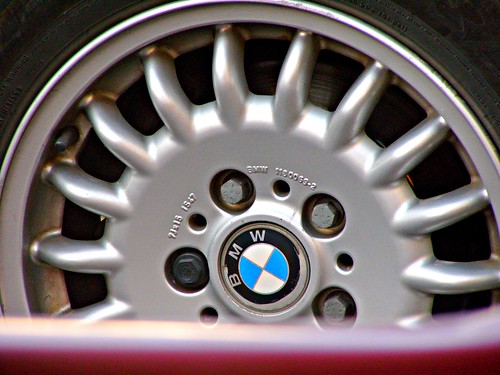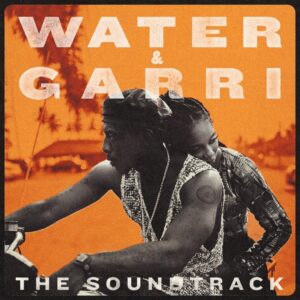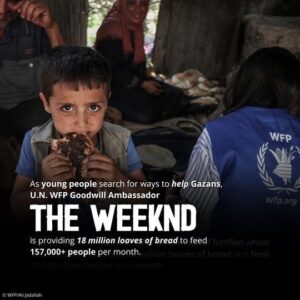There’s an enduring saying in the public relations industry that getting any sort of press coverage at all is a good thing, even if what’s being said is not favorable. While this might be true for companies that have virtually no name recognition and would do almost anything to get their names on the lips of potential consumers, as some of the below examples should illustrate, when public relations disasters strike companies that are already well-established, there can be a great deal of damage control to manage.
Apple’s Maps Problem on the iPhone 5
Over the years, the Apple Corporation has done what many would consider to be an admirable job at conquering the marketplace, especially after the launch of innovative items like the iPod, iTunes store and iPad. However, at the end of 2012, the company was the subject ridicule after users discovered that the Maps function on the iPhone 5 was laughably lacking.
In a matter of days reports surfaced online and detailed flaws like a lack of public transit directions, incorrect labeling for landmarks, and even directions that gave the polar opposite of correct navigation. The problem is in the process of being fixed, but the issue may have hurt overall sales of the smartphone. The Betanews blog did a survey of just over 1,200 people and found that over half of them would not buy the iPhone 5 because of their perception of the Apple maps incident.
Mother Nature Interferes with BMW’s Naming Rights Plan
For decades, hurricanes have been given human names, but more recently, winter storms have been identified by characters from movies and books, like Nemo and Gandolf. In February 2012, the BMW vehicle brand bought naming rights for a future winter storm. The company paid almost $400 for the permission to have a winter storm named “Cooper,” in honor of the company’s recognizable Mini Cooper model.
The move seems to make sense, particularly because people in affected areas may be talking about severe winter storms for months or even years after they occur. However, much to the dismay of BMW, Winter Storm Cooper turned out to be especially severe, and even claimed some lives, quickly giving the company exactly the kind of publicity they didn’t want.
Vitaminwater: Claims Too Good to Be True
Coca-Cola’s brightly colored Vitaminwater product is a staple on supermarket shelves across the country. Unfortunately, the company has gotten into trouble more than once because of unsubstantiated claims. In one example, the brand’s Power-C beverage was marketed as a suitable replacement for getting a flu shot, even saying that the beverage itself had enough nutrients like vitamin C and zinc to support a healthy immune system.
Also, health concerns arose in Canada, especially about the drinks’ high sugar content. In an obvious gaffe, Coca-Cola responded by saying that someone who is reasonable would never be misled into thinking that Vitaminwater is a beverage that’s good for you. So much for sipping a beverage to stay healthier!
Although it’s not yet time to conclude that bad publicity could cause irreparable harm for companies of all sizes and types, the above examples represent three well-established manufacturers that could’ve certainly done without these mishaps. Although two of them could have been avoided by proper product testing and using language that more accurately represented product characteristics, even the most talented marketing experts could find themselves in tricky spots when things like dangerous winter storms throw a curveball.
Stacy Hilliard is an avid freelance writer. Interested in building a successful business? You may want to look into what it takes to get a marketing mba.




